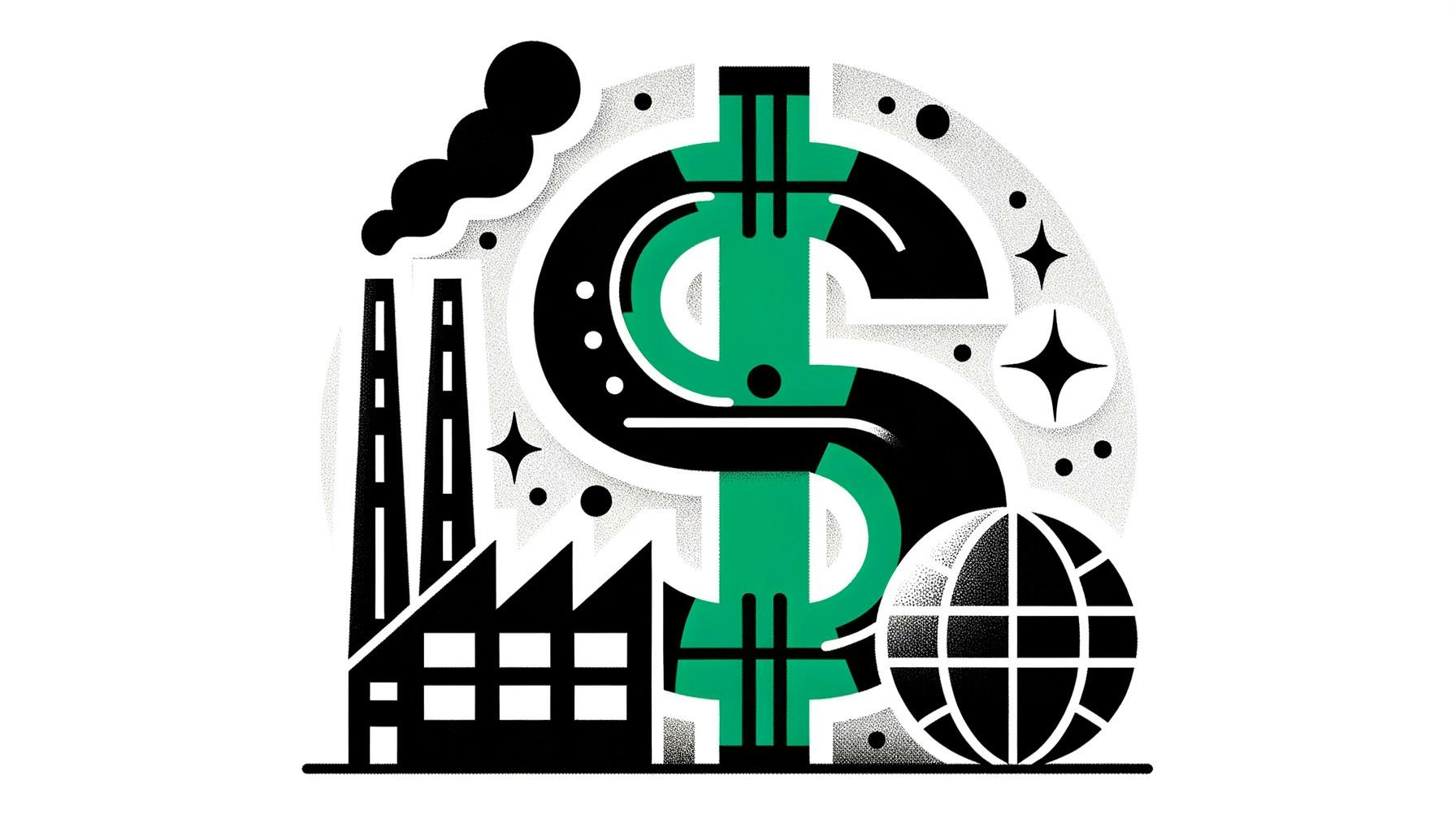US Dollar Holds Near Seven-Week Peak After Strong Jobs Data

What’s going on here?
The US dollar is holding steady at a seven-week high following strong jobs data and heightened geopolitical tensions, creating a safe-haven demand.
What does this mean?
The recent uptick in the US dollar is tied to strong September job figures in the US and growing tensions in the Middle East. Nonfarm payrolls posted their largest increase in six months, while a declining unemployment rate and wage growth have bolstered expectations for the Federal Reserve to cut rates by 25 basis points in November. According to the CME’s FedWatch tool, there’s an 85% chance for a cut, a substantial rise from 47% a week ago. The dollar’s strength is also buoyed by the US 10-year Treasury yield surpassing 4%, enhancing its appeal. Yet, against the yen, it faced challenges after Japan’s currency officials cautioned against forex speculation.
Why should I care?
For markets: Safe-haven dollar finds favor.
The US dollar’s recent stability underscores its lasting role as a safe-haven currency, especially amid geopolitical and economic uncertainties. With rising concerns over Middle Eastern conflicts, the dollar, along with other safe-haven currencies like the yen and Swiss franc, continues to attract investors. Despite a slight dip in the dollar index, it notched a significant weekly gain, the largest in two years.
The bigger picture: Global currencies dance to economic tunes.
Movements of major world currencies reveal much about current global economic conditions. The euro dipped following lackluster German industrial orders, while the Swiss franc and yen displayed strength as traditional safe havens. Conversely, commodity-linked currencies like the Canadian and Australian dollars weakened against the rising dollar, indicating varied influences from regional economic reports and global market trends.
Related
A top recruiter says sports marketing roles are hot right…
Jobs are opening up in the sports industry as teams expand and money flows into the industry.Excel Search &
Public employees and the private job market: Where will fired…
Fired federal workers are looking at what their futures hold. One question that's come up: Can they find similar salaries and benefits in the private sector?
Mortgage and refinance rates today, March 8, 2025: Rates fall…
After two days of increases, mortgage rates are back down again today. According to Zillow, the average 30-year fixed rate has decreased by four basis points t
U.S. economy adds jobs as federal layoffs and rising unemployment…
Julia Coronado: I think it's too early to say that the U.S. is heading to a recession. Certainly, we have seen the U.S. just continue t










